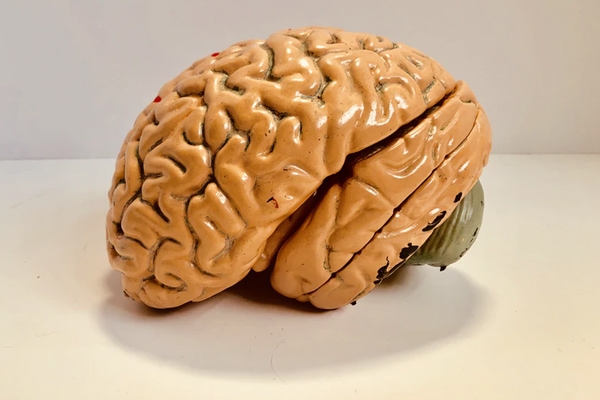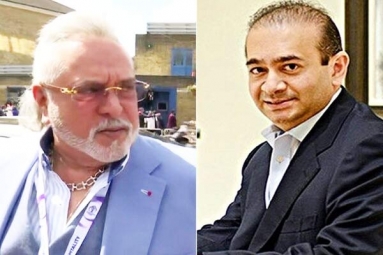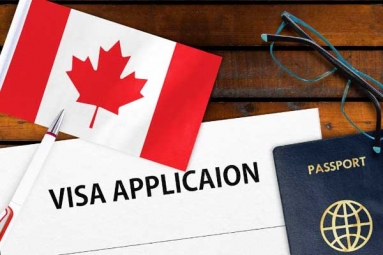
Before anyone jumps the bones, a recent study has actually made the claims, suggesting that Indians do have smaller brains in comparison to the other demographic of people globally. The researchers from the International Institute of Information Technology, Hyderabad successfully created the very first Indian Brain Atlas.
According to the study, it suggests that the Indian brain, on an average, is actually smaller in height, width as well as the volume when the same was compared with the Western and the eastern populations globally. The same is expected to pave a better way for the diagnosis of the Alzheimer’s and other brain diseases that people aren’t aware of.
Jayanthi Sivaswamy, from the Centre for Visual Information Technology, who was part of the study suggested saying that the Montral Neurological Institute template which is used as a standard was developed with the ideal of Caucasian brains. This is something that the researchers believe is not ideal when it comes round to the Indian individuals.
In an issued statement to the Times of India, Jayanthi clarified saying, “As Indian brains are smaller in size when compared to MNI, the difference in scans can look alarming and lead to misdiagnosis. There is clear evidence based on the study that it is desirable to build a larger atlas as it is important to understand structurally what is normal. This would help catch several brain conditions early on.”
Jayanthi also clarified saying that the Chinese and the Korean brain templates have been developed as well. The only thing lacking in this was the lack of the Indian template that was drawn from the India-specific population. She addressed saying that for the study conducted, they included 50 participants of Indian origin, evenly balanced out in terms of age and gender.
Shedding some light on the process, Jayanthi exclaimed saying, “MRI scans of these subjects’ brains were taken at three different hospitals across three different scanners to rule out variations in scanning machines. Emboldened by the results of the pilot study, we went on to recruit 100 willing participants in the eventual construction of the atlas, referred to as the IBA 100.”
The atlas created by them has been validated against the majority of the other available atlases for the other populations. She said that the Indian Brain Atlas is comparable more to the Chinese and the Korean variants instead of the Caucasian one.
Further highlighting the future with this study, Jayanthi said that her team is working on understanding the process of aging in humans. She said that they are finding better insights into it. As the brain undergoes several changes with the aging process, namely atrophy and shrinkage, she and her team wants to find the medium of action and how the same impacts through the process.
Addressing the goal with the study, she said that the study and the atlas itself can come a lot in handy in diagnosis of brain diseases like Alzheimer’s and others. The same is because it is directly associated with the atrophy of the hippocampus.
-Somapika Dutta






















